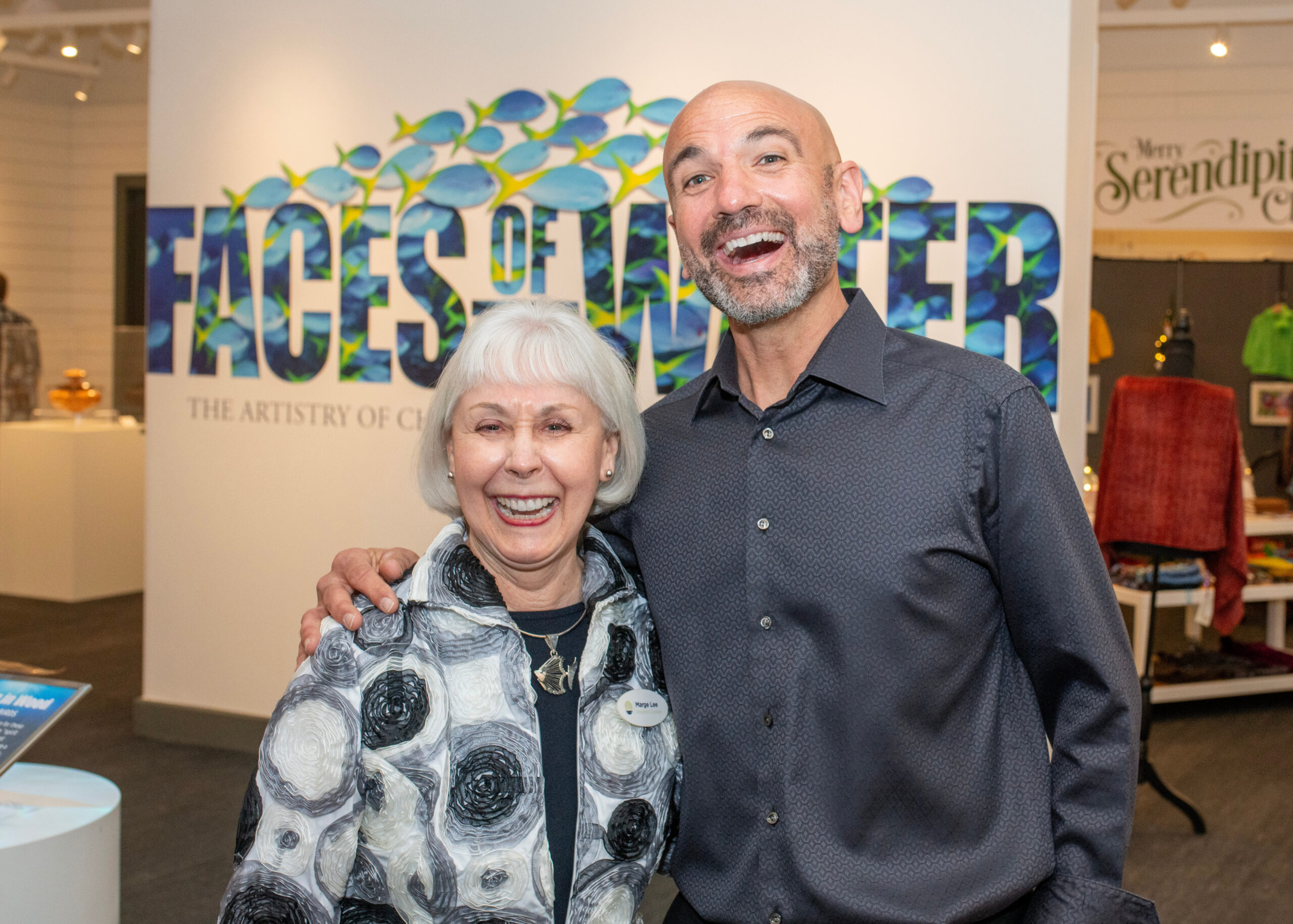The remarkable story of Fred Rosenstrauch by Eric Kurfess
FORT MYERS – Alfred Rosenstrauch has walked a unique road to notoriety. First a German Jew living under the Nazi regime, then an American soldier fighting on the front lines for his new homeland, then an interrogator during the Nuremberg trials, Rosenstrauch has lived a remarkable American life in the face of adversity.
Alfred Rosenstrauch escaped the persecution of Jews in his native Bopfingen, Germany, by emigrating to America on Christmas Eve, 1939, at the age of 14. By age 18, Fred wanted to join the U.S. Army, but couldn’t due to the fact he was not yet a U.S. citizen. He asked the draft board to bump his number up. Soon after, he became a United States citizen and joined the Army, in the infantry. Fred was going to war.
Into Combat
Twenty-three weeks later he was shipped off to Fort Mead and from there to England, where he was attached to the 2nd infantry division. When asked if he was scared, Rosenstrauch replied, “I wasn’t at the time because at the time you couldn’t think too much; you just took your orders and went ahead and did the things you had to do.”
Fred saw his first combat in WW II on June 6 – D-Day. After D-Day his company traveled through France, arriving at Brest. Their orders were to take the town in one week; however, the enemy would not fall easily. Three weeks later the brave young Americans captured the town, after days of hand-to-hand combat. They were tired and in desperate need of rest. Fred remembers after the battle, finally being able to sleep in a bed for the first time since he had arrived in Europe. However, German troops had been sleeping there and the next morning when the soldiers awoke, they were surprised to find themselves covered in fleas! The officers took the young men out into a field, burned their uniforms, and sprayed them down with DDT.
Fred’s girlfriend, Lore – a German Jew who also escaped to America – recalls writing him many letters, half of which he never received. She would also send him packages of hard salami. “In those days any meat product was rationed by a point system,” said Lore. “So I sent my portion of the sausage over to him and told my parents I wouldn’t eat my portion.” When he received the sausage, he would hang it off his belt and also share it with the other members of the squad, who appreciated the meat greatly. One day Fred looked down and saw a piece of shrapnel stuck in the meat and was relieved his girlfriend had sent him the present. “It was better for the shrapnel to be in the sausage then in me. It was worth the points!”
Being from Germany, Fred still had a strong German accent. Some nights his company went out on patrol, and upon return, they had to utter a password to gain admittance back into camp. Fred as patrol sergeant, was the person to speak the password, and when he did the American guards opened fire on their squad. He remembers, with a smile on his face, “My fellow soldiers told me to keep my mouth shut from then on.”
A New Direction
Fred was wounded during the Battle of the Bulge, which marked the end of his fighting. After receiving medical care in a small village outside Paris, he was called up to go to the Allied HQ, where he was given another assignment. He was to attend Officer Training School and, because of his German background and his knowledge of the language, he was to be trained as an interpreter and interrogator. Fred was a remarkable young interpreter and inspired by the people around him to do the best he could. Even today, much of what he participated in as an interrogator is still classified. When asked about the details of his assignment in Nuremberg, he replied, “I cannot give you any details on who we interrogated or anything like that. You will find out in years to come.”
In 1946 Fred returned to America to marry his love, Lore, and they have been together happily ever since. Fred started his own air conditioning and heating company in St. Louis, where it is still prospering and being operated by his son. Fred and Lore Rosenstrauch have four children, two grandchildren, and two great-grandchildren. Never will Fred, his fellow soldiers, and thousands of brave young men that gave their lives be forgotten for their bravery and courage that kept America and the world free.







